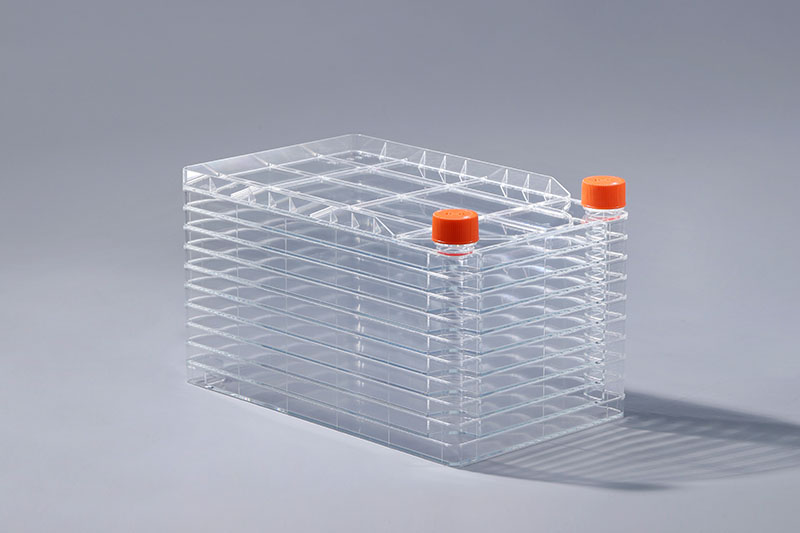Sensitization test detection of cell factories
The sensitization test is a test to determine whether the test substance is an allergen and the sensitization intensity. As a cell consumable commonly used in large-scale cell or tissue culture, cell factories also need to be subjected to sensitization tests to determine whether they contain allergens and sensitization strength.
The phenomenon in which the specific sensitivity of the body to an antigenic or haptenic chemical is increased. Chemicals that have a sensitizing effect are called chemoallergens or chemosensitizers. Chemical sensitizers act on the body through various ways, and can make immune active cells in the body produce specific immune responses to them. symptoms and signs. If the cell factory contains allergens, it will affect the growth and proliferation of cells.
The sensitization test animals are mostly guinea pigs, and the test substances are mostly pure chemical products. The dose to be used is determined experimentally, starting with the maximum dose that does not produce symptoms of systemic toxicity or local irritation. The number of exposures can be one or more. The challenge test is carried out 2 to 4 weeks after the last sensitization exposure, and the presence or absence of sensitization and the intensity of sensitization are determined according to local or systemic reactions.
Through the sensitization test of the cell factory, it can be judged whether it contains chemical allergens, so as to identify whether the product quality is qualified or not, and to ensure the smooth progress of the later cell culture test.

评论
发表评论